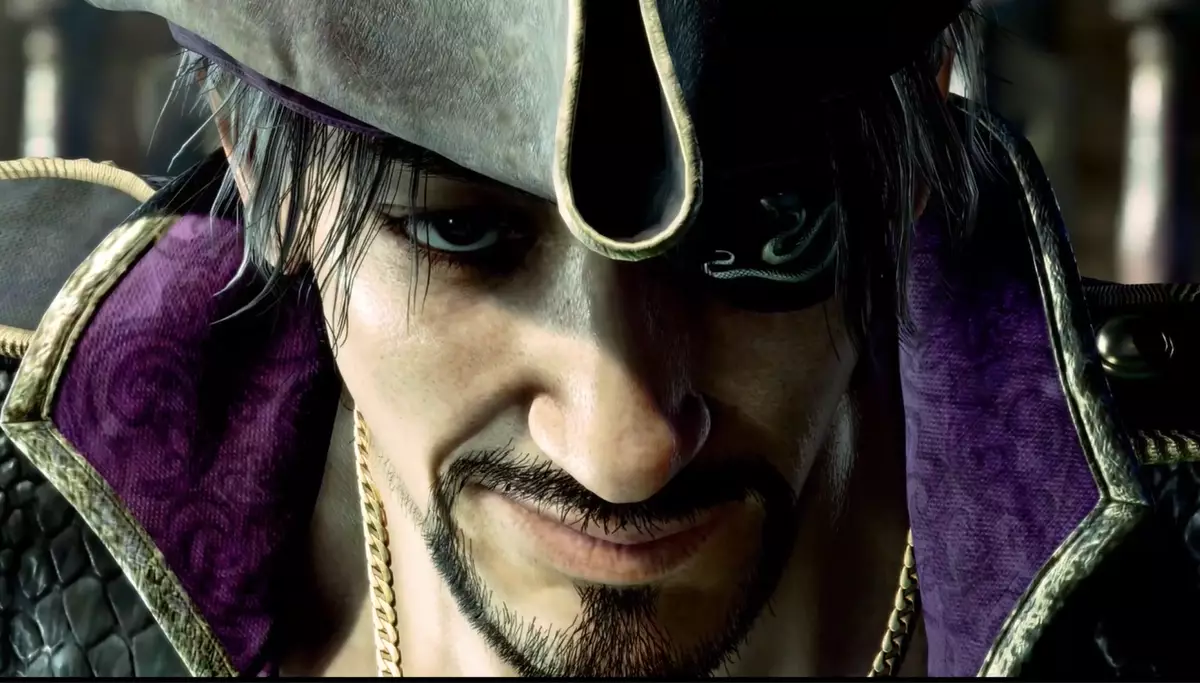The Like a Dragon series, also known as Yakuza, has become a significant staple in the landscape of video game development, noted for its depth and intricacies. According to Yutaka Ito, the technical director, the secret to the series’ success lies in the effective distribution of tasks among a diverse group of programmers. The structure of the development team reflects an understanding that specialization can enhance creativity and productivity. Comprising a robust team of 40 to 50 programmers, each individual is divided into focused segments responsible for specific aspects of the game, such as adventure, battles, and minigames.
This modular approach is revolutionary within game development. By decentralizing tasks, programmers can concentrate on their specialty, utilizing methods that suit their area best. Such an organized system not only fosters independence but also cultivates innovation, allowing teams to work in parallel rather than in succession. Consequently, this methodology enables the swift and timely production of large-scale titles, a feat that is crucial in a market that craves continuous content.
Leadership and Autonomy: Guardrails of Development
A vital aspect of making this modular system work lies in the leadership structure established within each segment. While the programmers may not be fully aware of the detailed functions of the other modules, each segment operates under a designated leader who ensures cohesion and alignment with the overarching goals of the project. This dynamic promotes a sense of ownership and responsibility among module leaders, who act as both managers and facilitators, thereby driving the development process forward.
Feedback from Tomoaki Nakamura, the programming section manager, underscores the welcoming environment fostered at Ryu Ga Gotoku Studio for newcomers. He notes the pride and reassurance that comes with being credited in a game’s release within just a couple of years in the industry. This approach not only boosts morale but also nurtures talent, particularly as new programmers feel encouraged to invest themselves in their work, knowing that their contributions are valued and recognized.
The Future of Ryu Ga Gotoku: Embracing Innovation
The insights shared by Ito and Nakamura reveal a dedication to innovation that goes beyond mere technology or gameplay mechanics. It encompasses the human element – the ambition and enthusiasm of each team member. As the gaming industry evolves, the capacity for Ryu Ga Gotoku to push boundaries lies not just in technical wizardry but in cultivating a collaborative culture that thrives on collective success.
The success of the Like a Dragon series can be attributed to a well-structured and supportive development environment that encourages specialization, communication, and innovation. By leaning into this modular framework, the series continues to deliver immersive experiences that captivate players, setting a benchmark for future generations of game development. The approach is not only sustainable but also a blueprint for other studios aiming to achieve similar feats in an ever-evolving gaming landscape.


Leave a Reply